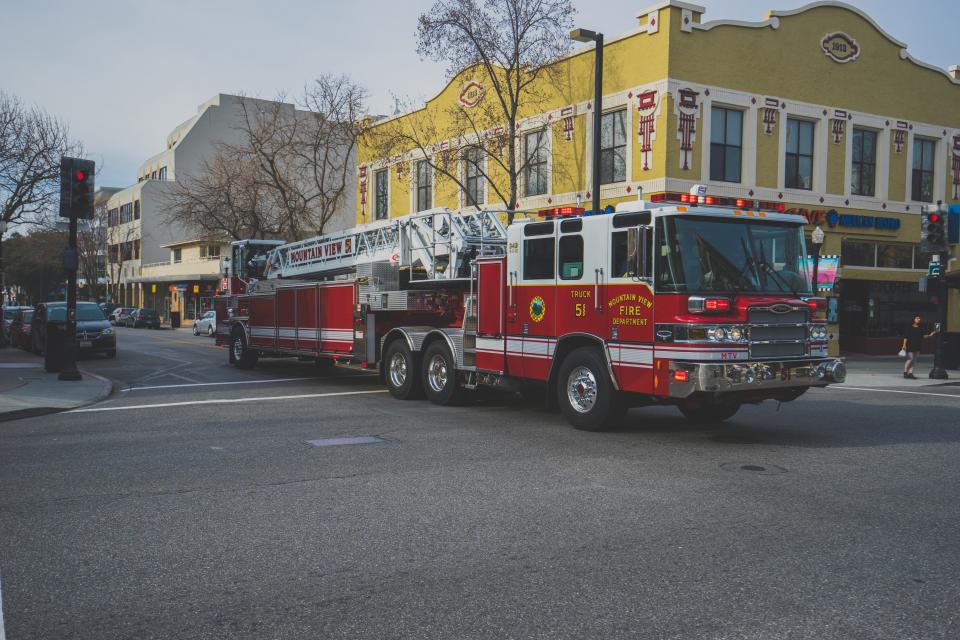What Items Belong in a Senior’s Medical Emergency Kit?

A medical emergency kit can mean the difference between life and death. When emergency responders arrive on the scene, they must have fast access to the information that can help them provide swift and correct care to the senior in need. All seniors should prepare a medical emergency kit and keep it in plain sight in their main living area or kitchen for first responders to notice. Here is a list of items that belong in a senior’s medical emergency kit to ensure their medical care is precise and efficient.
1. A List of Medications
Print out a detailed list of all current medications along with the correct dosages. This information can help medical responders better understand and track the patient’s health. They can make quick judgments as to possible causes of the emergency and narrow down the ideal treatment option swiftly.
2. Copies of Medical History
Keep a current copy of your entire medical history as well. This may include updates on doctor visits, primary doctor contact information and insurance coverage details. It is also helpful for patients with Alzheimer’s or dementia to keep records of their most recent behavioral patterns to help medical professionals understand the full extent of the individual’s health history, even if they cannot personally recall the details.
3. Family Member Contact Information
Always keep detailed records of your main emergency contact’s home, cell and office phone numbers as well as their home and work address. In a serious medical emergency, the treatment team will want to notify loved ones as soon as possible for guidance on making decisions regarding the individual’s health. Seniors should also keep this contact information in their purse or wallet in case an emergency occurs outside the home.
4. Replacement Supplies
Even if you are not experiencing a medical crisis, a medical emergency kit can still help provide backup support. If possible, obtain a backup medical prescription in case your current prescription runs out and you are not able to reach the pharmacy in time. Keep batteries in the kit to replace rundown sets in hearing aids and other medical equipment. You could also keep a spare set of prescription glasses in the medical emergency kit in case your current pair is suddenly lost or broken.
Contact My Senior Health Plan for assistance in ensuring your current insurance coverage meets your present needs and any other challenges that may arise in the event of a medical emergency.
- How Medicare Advantage Plans Cover Seniors’ Vision, Hearing, and Dental Needs - October 29, 2024
- 2025 Medicare Part D Changes: How to Save on Prescriptions - October 25, 2024
- Everything You Need to Know About the 2025 Medicare Changes and How They Affect You - October 21, 2024

